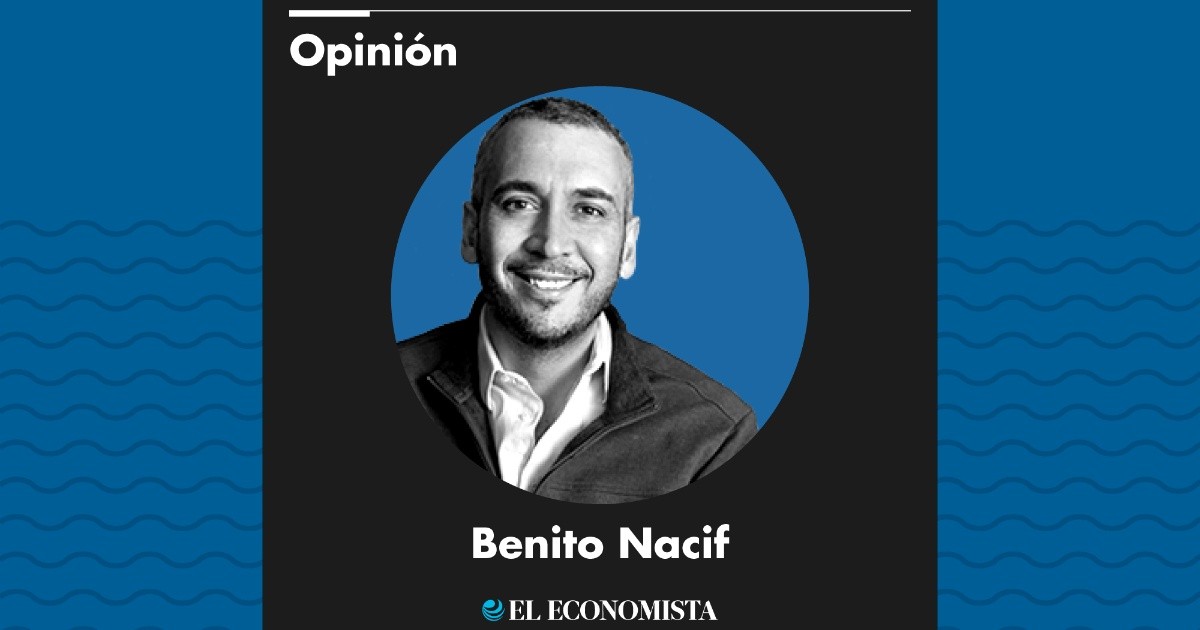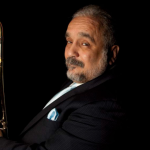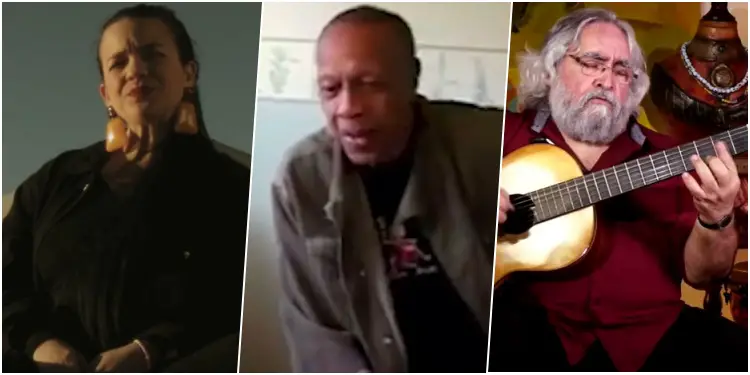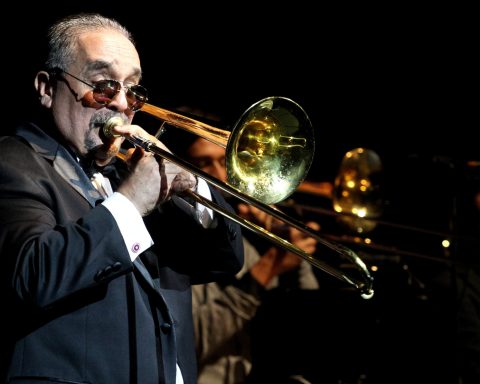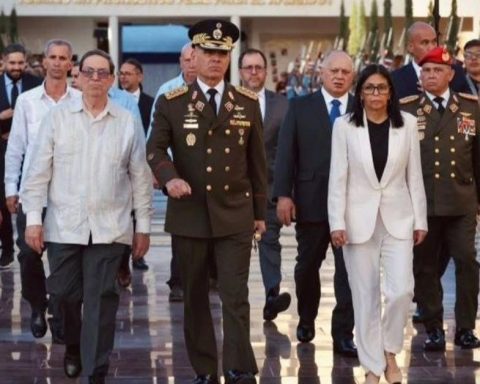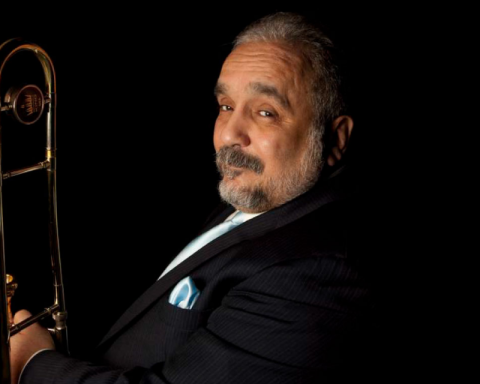The opposition obtained its first victory in the battle against Plan B of the electoral reform that is being fought in the Supreme Court of Justice of the Nation. To tell the truth, it is a small victory, if one takes into account everything that will be subject to review before the highest constitutional court in the country. However, the first results are encouraging.
Last Wednesday, the investigating minister, Alberto Pérez Dayán, entered the unconstitutionality actions against the changes to the General Law of Social Communication and the General Law of Responsibilities of Public Servants –a part of Plan B–, and ordered its suspension in the State of Mexico and Coahuila. While the in-depth study continues, the new legal provisions remain without effect in the states that will have elections next June 4.
The precautionary measure granted maintains the obligation to suspend the dissemination of government propaganda in press conferences, events and social networks in these two states, from the beginning of the campaign period and until election day. President López Obrador abhors this norm, which is established in articles 41 and 134 of the Constitution.
As an opposition candidate, the Tabasco politician had a different position. In 2006, he condemned President Fox’s statements calling for “not changing horses in the middle of the river” and rejecting populism. He did it first at a rally with that memorable phrase “shut up chachalaca.” Once the election was lost, the position became a plea, as part of the disagreement appeal with which he requested the annulment of the elections.
Already as President of the Republic, however, López Obrador has violated the regulations that prevent the interference of public servants in the elections with his statements in the morning conferences and his multiple government reports. The Electoral Tribunal has found him guilty on several occasions of spreading improper government propaganda and violating the principle of neutrality in the application of public resources.
For this reason, Plan B of the electoral reform modifies the concept of government propaganda and limits it to communication campaigns “charged to the public budget.” It seeks to give public officials a free hand to get involved in the electoral processes. In addition, it allows communication campaigns paid with private resources to position them in order to obtain a candidacy; a suit tailored to the “corcholatas” of President López Obrador.
The suspension issued by Minister Pérez Dayán does not prevent all this, but at least seeks to protect the disputes in the State of Mexico and Coahuila. The changes to the social communication and responsibilities laws, approved last December, affect fundamental norms in electoral matters and, therefore, violate the legislative prohibition in these two entities. Article 105 of the Constitution prohibits modifications to the electoral rules in a period that includes the 90 days prior to the beginning of an electoral process.
The Legal Counsel of the Presidency of the Republic described the precautionary measure as a “fraud of the Constitution” and announced that it will file a claim. It alleges that the regulatory law on unconstitutionality actions prevents ministers from suspending the effects of general regulations.
However, Pérez Dayán’s decision is based on precedents established by the Supreme Court. In 2018, the Second Chamber confirmed an incident of suspension in an action of unconstitutionality because the contested general norm implied or could imply violations of human rights. The exception to the regulatory law was justified by the pro persona principle, adopted after the constitutional reform on human rights in 2011.
The same room will resolve the new claim resource. It looks uphill for him to revoke his own precedent, with which he expanded the powers of the Supreme Court as a constitutional court.
*CIDE professor.
Twitter: @BenitoNacif
